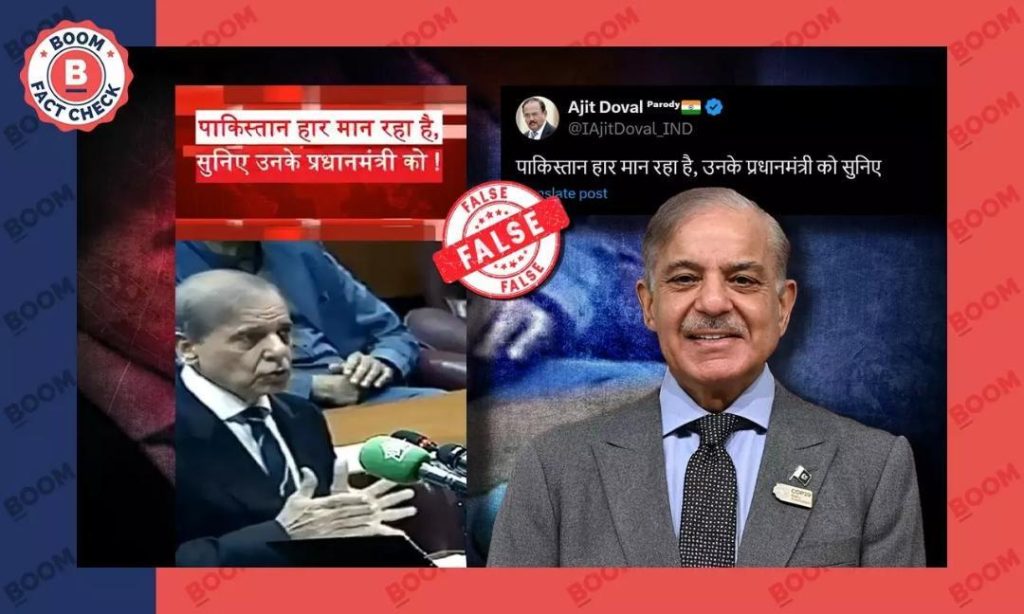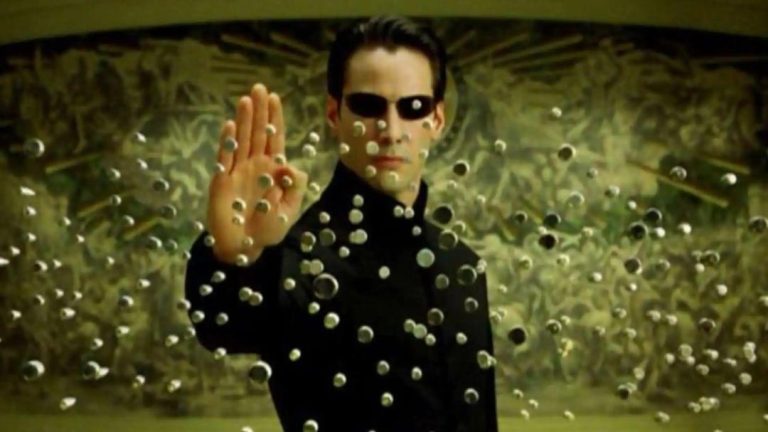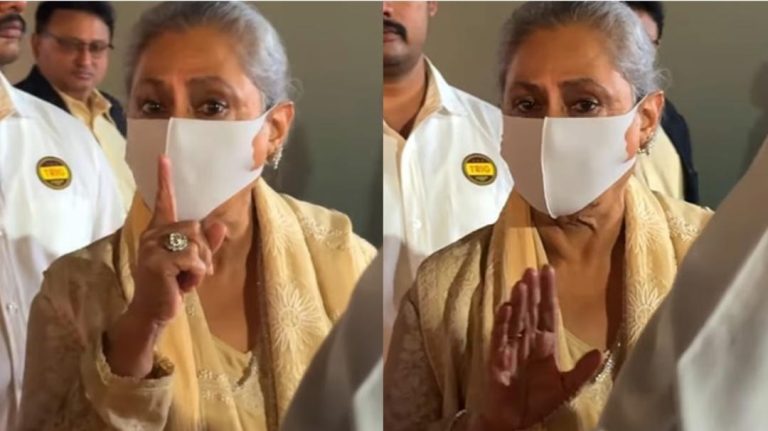
Viral Video of Pak PM Shehbaz Sharif Admitting Defeat is Deepfake
In the age of social media, misinformation and disinformation have become a major concern. With the rise of deepfakes, a new kind of fake content has emerged, making it even more challenging to distinguish fact from fiction. Recently, a viral video claiming that Pakistan Prime Minister Shehbaz Sharif publicly admitted defeat to India has been making the rounds on social media. However, a closer inspection reveals that the video is actually a deepfake with an AI-generated voiceover.
The video in question shows Shehbaz Sharif saying, “I admit defeat. We couldn’t withstand the Indian Army’s might.” The video appears to be taken from a public event, with the Prime Minister addressing a crowd. The clip has been shared widely on social media platforms, with many claiming that it is a shocking admission of defeat by the Pakistani leadership.
However, fact-checking website BOOM conducted an investigation and found that the video is a deepfake. According to BOOM, the original video is from May 7, when Shehbaz Sharif addressed the National Assembly, praising the Pakistan Air Force for its actions against Operation Sindoor.
BOOM’s investigation revealed that the audio from the original video was manipulated and superimposed onto a different video, creating a fake clip that appears to be the Prime Minister admitting defeat. The video has been shared widely on social media, with many claiming that it is a major blow to Pakistan’s prestige.
The fact-checking website has been at the forefront of debunking misinformation and disinformation in India, and its findings on this video are a testament to the importance of fact-checking in today’s digital age.
The use of deepfakes is a growing concern, and it is essential that individuals and organizations take steps to verify the authenticity of content before sharing it. In the case of the viral video of Shehbaz Sharif admitting defeat, it is clear that the video is a deepfake, and any claims that it is a genuine admission of defeat by the Pakistani Prime Minister are unfounded.
The implications of deepfakes are far-reaching, and it is crucial that we take steps to mitigate their impact. In recent years, deepfakes have been used to spread disinformation and propaganda, with some even being used to manipulate public opinion.
The use of AI-generated content has made it easier for individuals to create fake videos and audio recordings, making it challenging to distinguish fact from fiction. In the case of the viral video of Shehbaz Sharif admitting defeat, it is clear that the video is a deepfake, and any claims that it is a genuine admission of defeat by the Pakistani Prime Minister are unfounded.
The consequences of spreading misinformation and disinformation can be severe, and it is essential that individuals and organizations take steps to verify the authenticity of content before sharing it. In the case of the viral video of Shehbaz Sharif admitting defeat, it is clear that the video is a deepfake, and any claims that it is a genuine admission of defeat by the Pakistani Prime Minister are unfounded.
In conclusion, the viral video of Shehbaz Sharif admitting defeat is a deepfake, and any claims that it is a genuine admission of defeat by the Pakistani Prime Minister are unfounded. The use of deepfakes is a growing concern, and it is essential that individuals and organizations take steps to verify the authenticity of content before sharing it.
References:






